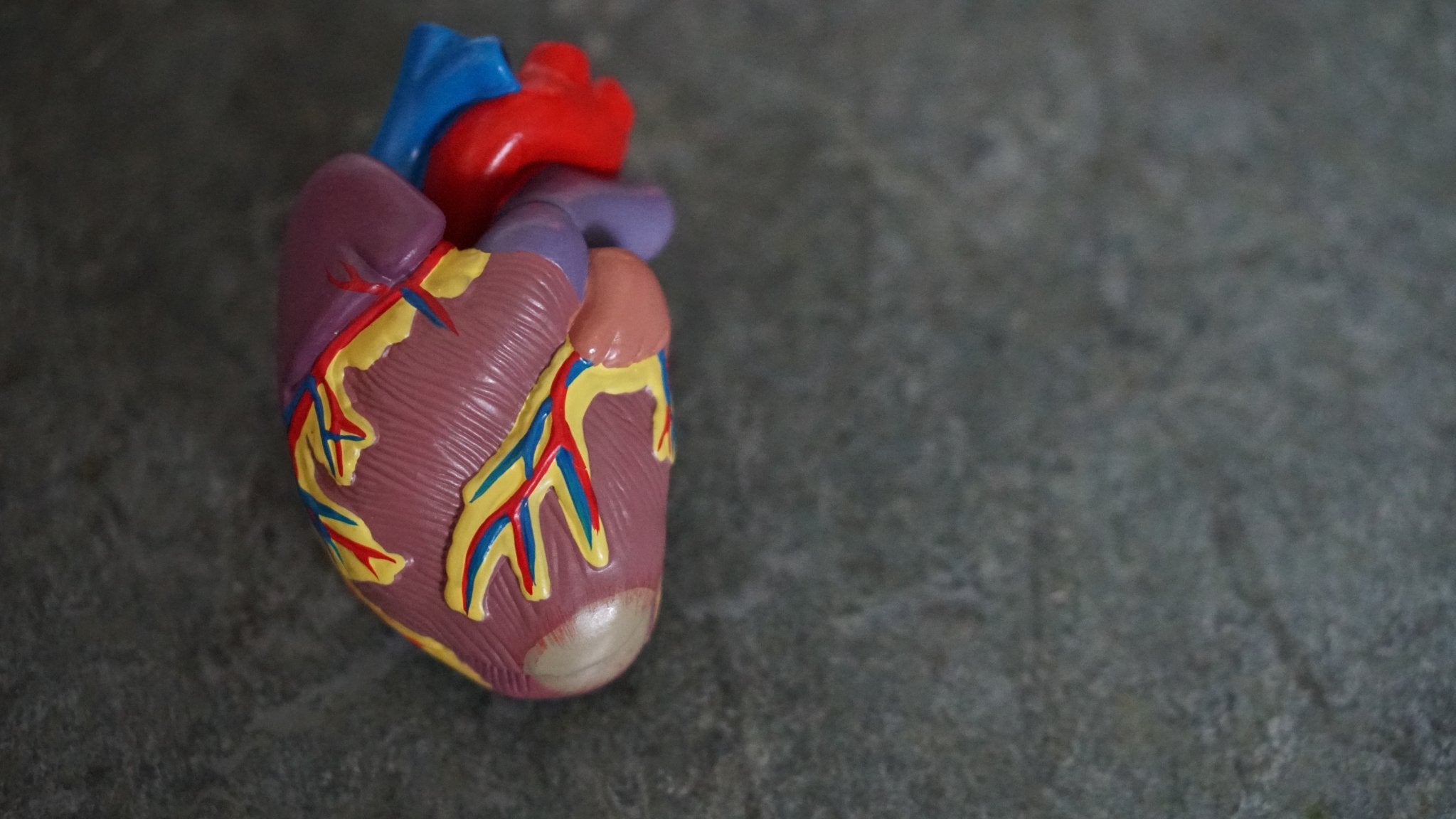
Abbott has reported data from the GUIDE-HF clinical trial, where its CardioMEMS HF System reduced mortality in New York Heart Association (NYHA) Class II, III and IV heart failure patients.
A small implantable sensor, CardioMEMS is designed to wirelessly measure and track pulmonary artery pressure and heart rate. These pressure changes are known to suggest deteriorating heart failure even prior to patients feeling symptoms.

Discover B2B Marketing That Performs
Combine business intelligence and editorial excellence to reach engaged professionals across 36 leading media platforms.
The device’s sensor links to a system that remotely sends daily pressure readings to a patient’s clinical team.
The hemodynamic data from the device are intended to help doctors in heart failure management and to lower heart failure hospitalisations.
Currently, the device is approved for New York Heart Association (NYHA) Class III heart failure patients hospitalised for heart failure in the prior year.
GUIDE-HF is conducted to extend the potential use of CardioMEMS for additional types of heart failure patients, namely Class II and Class IV heart failure.

US Tariffs are shifting - will you react or anticipate?
Don’t let policy changes catch you off guard. Stay proactive with real-time data and expert analysis.
By GlobalDataIt involved a randomised arm that enrolled 1,000 patients and a single arm of up to another 2,600 patients that is presently recruiting for 3,600 patients in total at 118 sites across North America.
While all participants were implanted with a CardioMEMS system, treatment was not guided by the device for those in the control arm.
The trial’s composite endpoint was heart failure hospitalisations, emergency visits and death.
Analysis of the one-year data, including 28% of the follow-up data gather during Covid-19, demonstrated a lower composite endpoint rate of total heart failure events and death in CardioMEMS-guided subjects versus the control arm.
This data is not statistically significant, Abbott noted.
However, analysis of data adjusted for the Covid-19 impact showed that the company’s device led to a significant 19% decrease in the composite endpoint and a 28% decrease in heart failure hospitalisations.
Based on the trial data, Abbott has submitted a premarket approval (PMA) supplement to the US Food and Drug Administration (FDA) seeking an expanded indication for CardioMEMS.
Abbott heart failure business chief medical officer Philip Adamson said: “The two most important strategies in treating heart failure are helping doctors stay ahead of the condition as it progresses and keeping people stable and out of the hospital and emergency room.
“The GUIDE-HF trial shows that Abbott’s CardioMEMS device has a role in both.”
Earlier this month, Abbott’s Amplatzer Amulet Left Atrial Appendage Occluder secured FDA approval to treat individuals with atrial fibrillation (AFib) who are at risk of ischaemic stroke.





